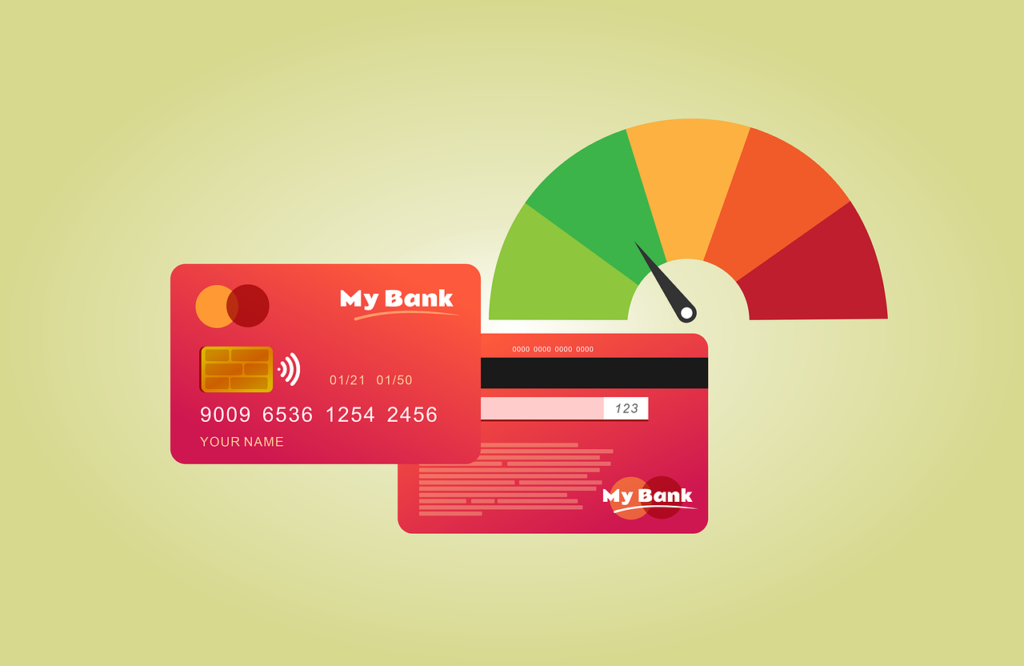The financial world is a vast and intricate landscape, with numerous terms and concepts that can sometimes feel overwhelming. One such term that holds significant importance in the realm of finance is the “credit score.” This three-digit number acts as a pivotal factor in shaping your financial journey, affecting everything from your ability to secure loans to the interest rates you receive. In this article, we will dive deep into the world of credit scores, exploring their nuances, significance, and impact.
Unveiling the Credit Score
At its core, a credit score is a numeric representation, typically ranging between 300 and 850, designed to assess your credit risk. It gauges the likelihood that you will meet your financial obligations by paying your bills on time. Lenders and creditors heavily rely on your credit scores to make decisions about granting you credit and determining the terms of the credit, such as interest rates and credit limits.
Decoding the Number: What Is Considered Good?
Credit score ranges are not set in stone; they can vary based on the scoring model utilized. However, they generally fall into the following categories:
- 300-579: Poor
- 580-669: Fair
- 670-739: Good
- 740-799: Very good
- 800-850: Excellent
While there’s no guaranteed “magic number” for approval or favorable terms, higher scores often indicate responsible credit behavior, instilling confidence in lenders and creditors.
A Tale of Multiple Scores
Contrary to popular belief, you don’t have just one credit score. Instead, numerous credit scores and scoring models exist. These scores can differ depending on the credit reporting agency (CRA), the credit report being evaluated, and the specific scoring model in use. Even the industries involved can influence the credit score calculated. For instance, an auto lender might focus on your auto loan history, while a mortgage lender assesses your risk as a mortgage borrower.
Behind the Curtain: How Scores Are Calculated
Credit scores emerge from the data embedded within your credit reports. Your credit behavior and history contribute to the score, and different scoring models may weigh various factors slightly differently. However, most scoring models consider the following elements:
- Payment History: The most significant factor, your payment history reflects your creditworthiness. It includes information about open credit accounts, missed payments, bankruptcy filings, and collections.
- Credit Utilization: This ratio assesses the amount of credit you use compared to your available credit. Lenders typically prefer a utilization rate of 30% or lower.
- Credit Mix: Maintaining a diverse mix of credit accounts, such as both revolving (e.g., credit cards) and installment (e.g., mortgages) accounts, can have a positive impact.
- Length of Credit History: The length of your credit history, including both the oldest and newest accounts, contributes to your score.
- New Credit Requests: Each time you apply for credit, a “hard inquiry” is triggered. Too many hard inquiries in a short span might lower your score. Soft inquiries, like checking your own credit score, have no impact.
Why Do Credit Scores Matter?
Striving for a higher credit score comes with tangible benefits. Lenders and creditors often extend more favorable credit terms to borrowers with higher scores. This can lead to lower interest rates, smaller payments, and reduced interest payments over time. However, it’s essential to recognize that each person’s financial situation is unique, and lenders may have their own criteria beyond just credit scores.
The Varied Symphony of Credit Scores
Industries play a role in determining the type of credit score used. Auto lenders, mortgage lenders, and credit card companies may employ different scoring models. Even the CRAs, such as Equifax®, TransUnion®, and Experian®, can yield varying scores due to differing reporting practices. Some lenders report to specific CRAs, while others may report to none at all. To further complicate matters, blended credit scores can arise from combining scores from multiple CRAs.
In conclusion, credit scores are far from being a mere number; they’re a gateway to your financial opportunities. Navigating the world of credit scores demands an understanding of their multifaceted nature, the factors influencing them, and their impact on your financial landscape. As you journey through the intricate world of finance, remember that your credit score is both a reflection of your past credit behavior and a powerful tool for shaping your future financial endeavors.

